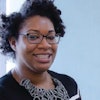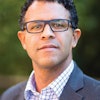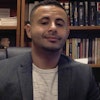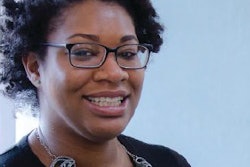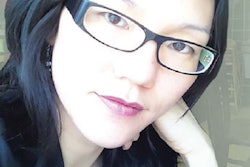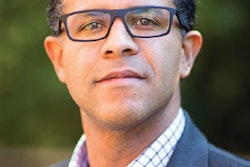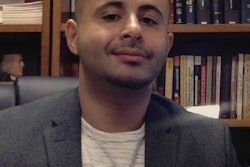Dr. Ya-Chih Chang, an immigrant from Taiwan, followed her parents’ path by going to college, for her at the University of California, Los Angeles (UCLA). She has gone a step further, teaching special education courses to graduate students at UCLA as a postdoc, and now, graduate and credential students at California State University, Los Angeles.
“I never knew that I was going to teach at a college,” Chang, 33, says. “I took a class as an undergrad on autism, and then I got really interested in that, so I started taking a lot more classes.”
Because of that one class taught by Dr. Connie Kasari, autism became Chang’s academic specialty.
“It was actually Intro to Special Education,” Chang says. “The professor who taught that undergraduate class was my graduate adviser. She talked a lot about autism in that class because that’s her specialty.
“What is so interesting about autism is it’s a spectrum disorder. I was exposed to kids who were minimally verbal, who didn’t have any language at all, or kids who were really verbal but didn’t have social skills,” Chang explains. “So it’s not just like, Oh, you could only [do] one thing with one particular child.”
During her senior year, Chang developed an interest in research, which she conducted off site at the Lanterman Regional Center.
Chang continued to be involved in research on methods of teaching children with autism in the doctoral programs at UCLA. She worked with children with autism from 2 to 13 years old, but her focus narrowed to the early childhood education of the youngest children with autism, from birth to 5 years old. As a postdoc, she coordinated a study of early interventions.
